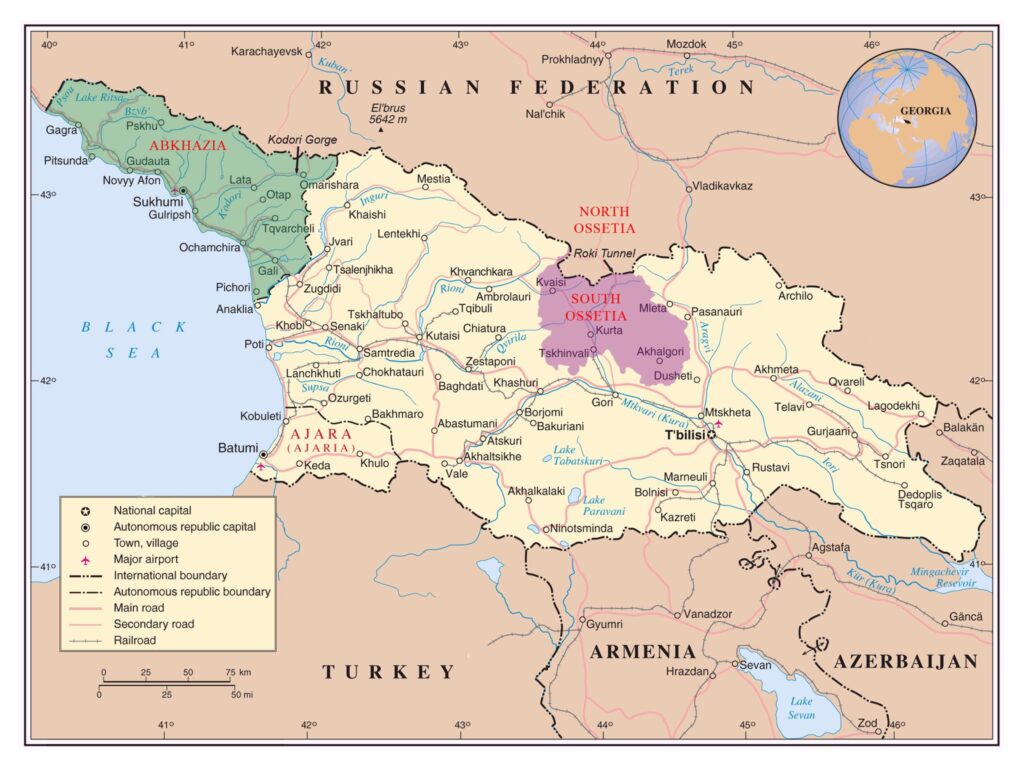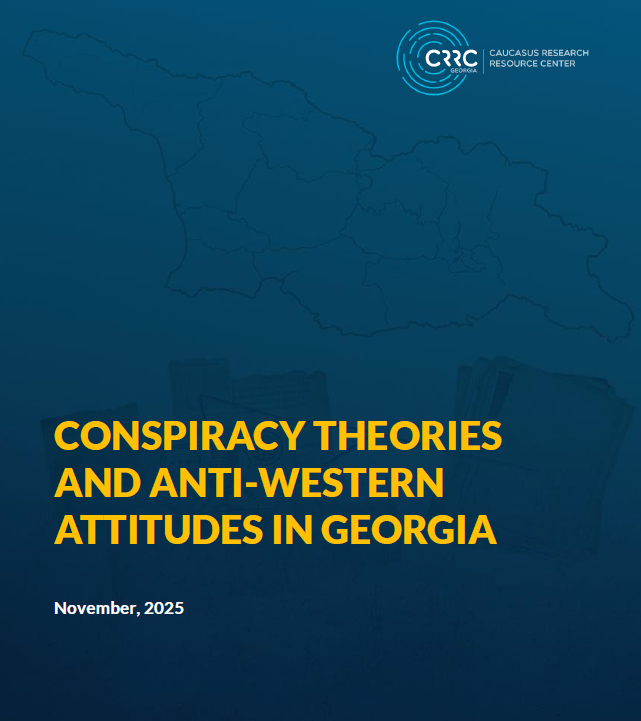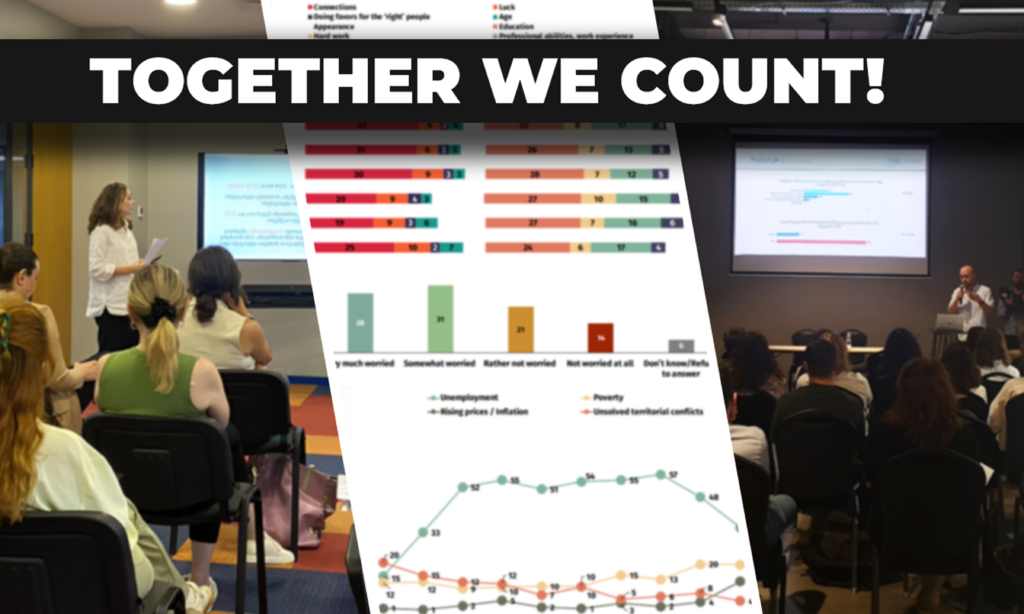CRRC, American Councils and ARISC are pleased to announce the 16th talk of the Spring/Summer 2024 Tbilisi Works-in-Progress series!
The talk will take place in hybrid format in-person at CRRC Georgia and online.
“Track III Dialogues and Peacebuilding in Georgia”
Lucy Minicozzi-Wheeland, Harvard University
Wednesday, July 17, 2024 at 18:30 Tbilisi time (10:30 EST)
In the 1980s and 1990s, and again in 2008, Russia waged wars against Georgia, and it continues to occupy 20% of Georgian territory. With a lasting resolution to the conflict currently out of reach, the priority has shifted to conflict transformation. Peacebuilding projects at numerous levels are an essential part of conflict transformation. This includes the Track III level, which can also be described as people-to-people or grassroots projects. This is commonly called “citizen diplomacy.” Georgian-Ossetian peacebuilding projects are especially difficult to implement because of legislation passed as part of the Treaty on Alliance and Integration between South Ossetia’s de facto administration and Russia in 2014, which prevented NGOs in South Ossetia from receiving international funding for their peacebuilding projects. However, many of the individuals who operated these NGOs have not stopped their work. While it is on a much smaller scale, Georgian-Ossetian peacebuilding efforts are ongoing, but they must operate with extreme caution and secrecy lest they jeopardize the safety of their Ossetian participants and organizers. This research aimed to determine the most effective formats for Georgian-Ossetian peacebuilding projects at the Track III level. To examine this, the researcher conducted in-depth interviews with seven Georgians who participated in Georgian-Ossetian projects in the past few years. The Georgians interviewed, now young adults, primarily participated in these dialogues as teenagers. Given the limits of the data available, the researcher focused on understanding the mechanisms by which these projects were able to change the perspectives of the Georgian participants, including their attitudes toward the conflict, views toward Ossetians, and whether they expect Georgia to reach a peaceful compromise with South Ossetia in the future. These interviews yielded significant results, ones which may be useful for research purposes and organizations seeking to implement Georgian-Ossetian peacebuilding projects in the future.
Lucy Minicozzi-Wheeland is a master’s student in Regional Studies: Russia, Eastern Europe, and Central Asia at Harvard University and a Research Assistant at the Harvard Kennedy School’s Intelligence Project. She is currently finishing up an academic year working as an Invited Lecturer at Gori State University, where she taught a course on hybrid warfare. Her research primarily focuses on Ukraine and Georgia, and she has spent a combined two years living in both countries. She is also a Fulbright Fellowship, Boren Fellowship, and Critical Language Scholarship alumna.
***
Works-in-Progress is an ongoing academic discussion series based in Tbilisi, Georgia, that takes place at the CRRC office at Chavchavadze Ave. 5 and online. It is co-organized by the Caucasus Research Resource Centers (CRRC), the American Councils for International Education: ACTR/ACCELS, and the American Research Institute of the South Caucasus (ARISC). All of the talks are free and open to the public.
In observation of the spirit of the Chatham House Rule, the talks will not be recorded, and we courteously request that the other participants refrain from recording and/or distributing recordings as well. The opinions expressed in WiP talks are those of the speakers alone, and do not necessarily reflect the views of CRRC, ARISC or of American Councils.











